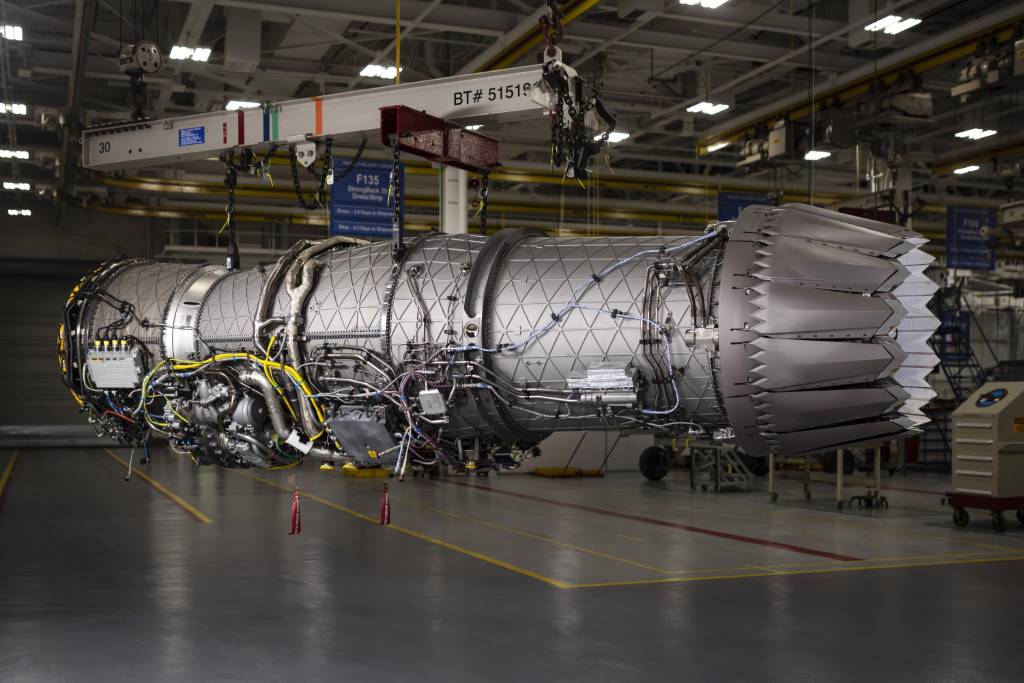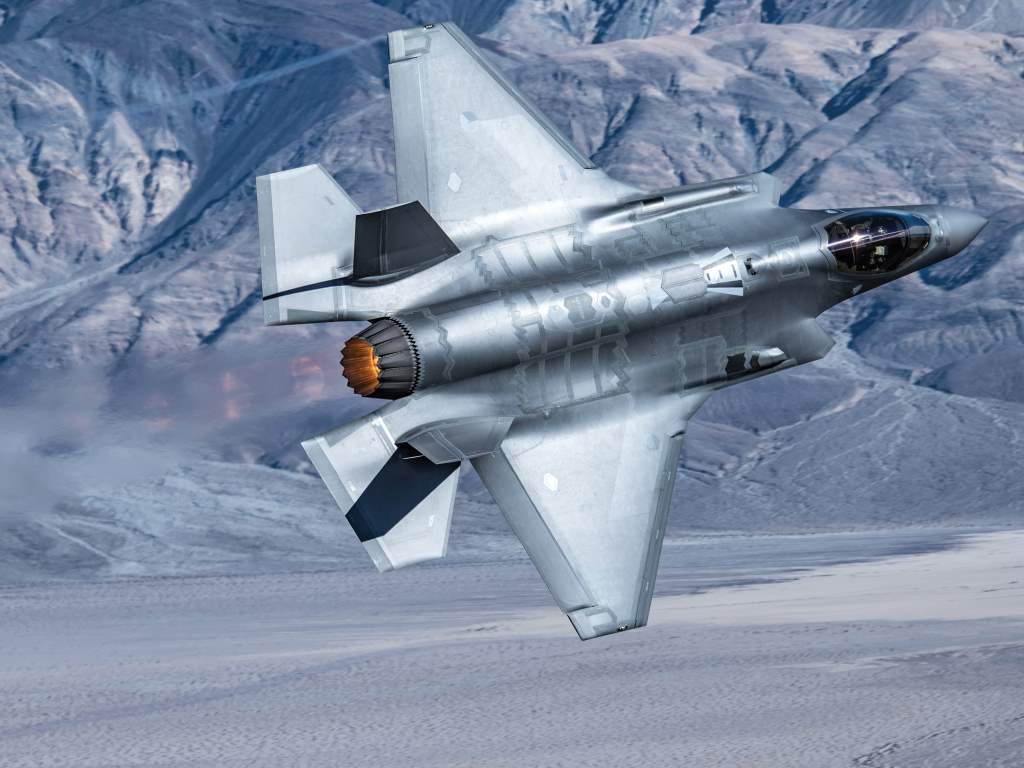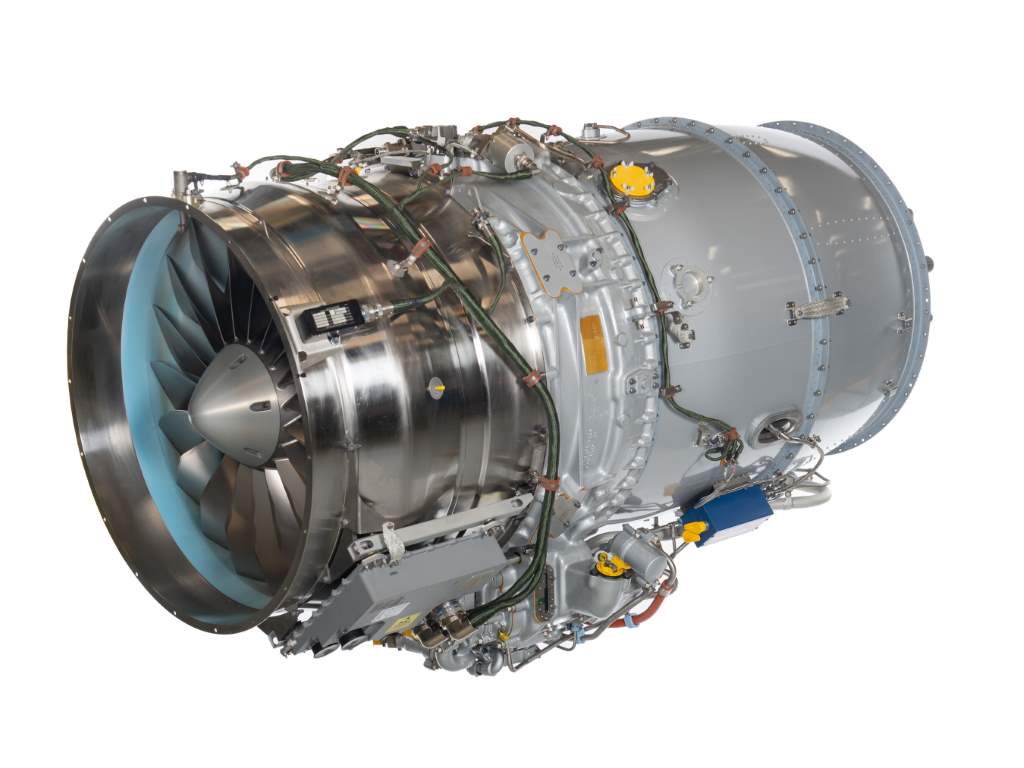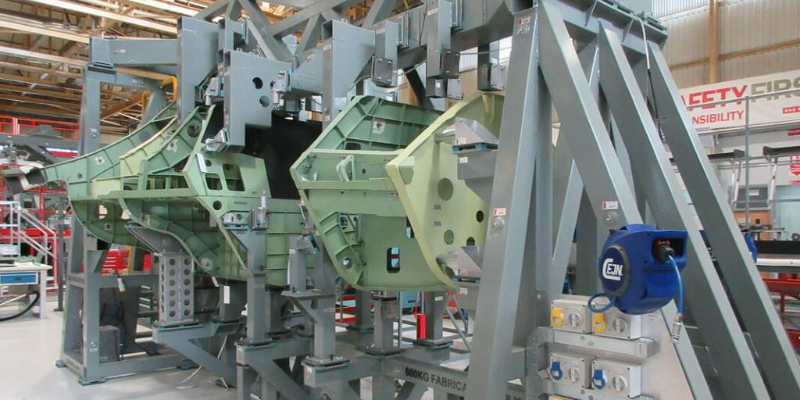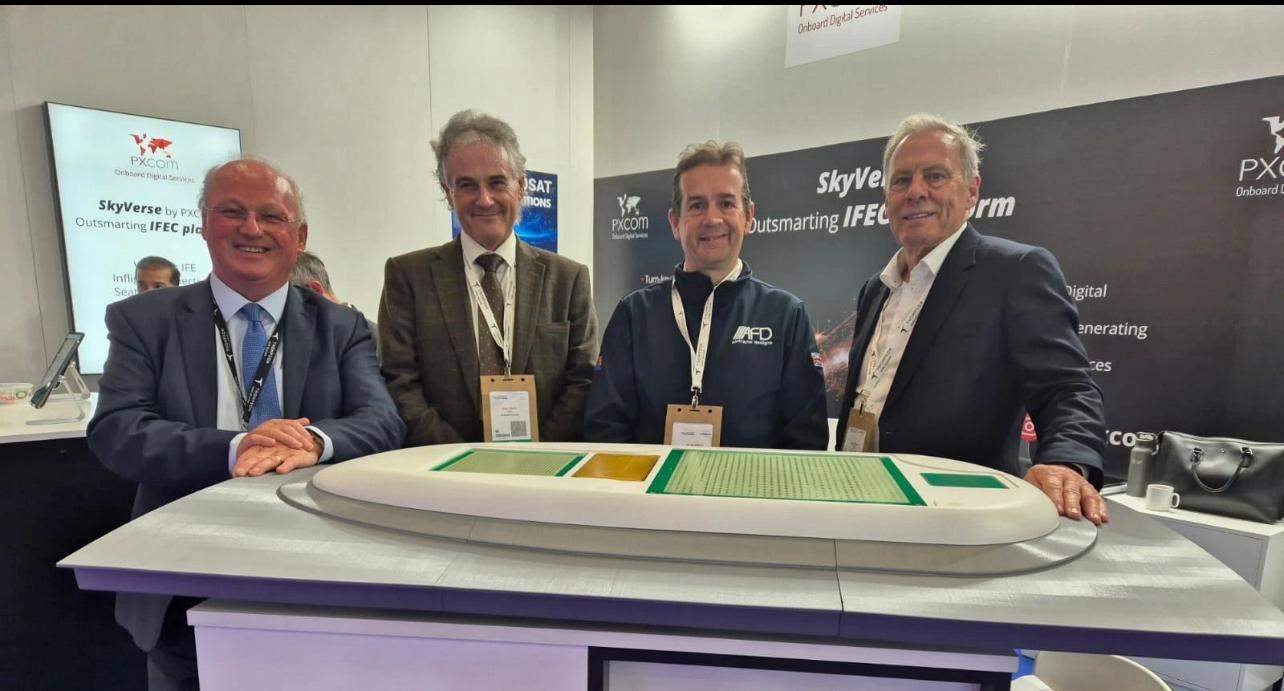
GKN and Pratt & Whitney collaborate to develop EWIS for hybrid demonstrator
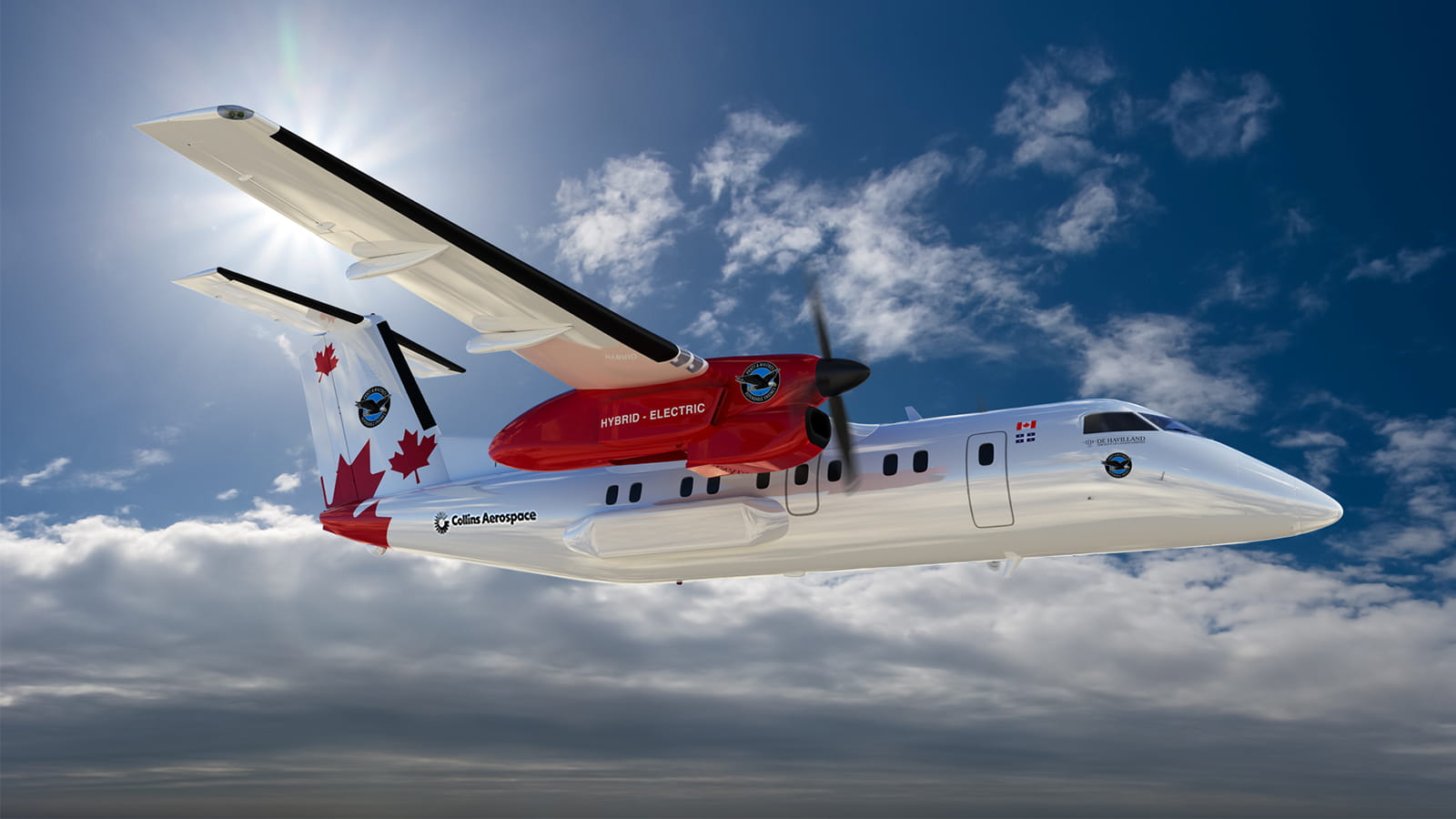
GKN Aerospace has signed an agreement with Pratt & Whitney Canada to collaborate on the development of the High Voltage High Power electrical wiring interconnection system (EWIS) for the RTX hybrid-electric flight demonstrator project.
The agreement involves the development, construction, and installation of the wiring system of the demonstrator, which is targeting a 30% improvement in fuel efficiency and reduced CO2 emissions compared to today’s most advanced regional turboprop aircraft.
The demonstrator’s hybrid-electric propulsion system integrates a highly efficient Pratt & Whitney fuel-burning engine with a 1 megawatt electric motor developed by Collins Aerospace. The hybrid-electric system will enable more efficient engine performance during the different phases of flight, such as take-off, climb and cruise. Both Pratt & Whitney and Collins Aerospace are business units of RTX.
GKN Aerospace in the Netherlands will spearhead the development and design of the High Voltage High Power EWIS for the hybrid-electric propulsion system. Following the design phase, GKN will assume responsibility for manufacturing the necessary hardware and installing on the demonstrator aircraft.
GKN Aerospace is a renowned leader in engine systems and EWIS solutions for aircraft, with cutting-edge electrical distribution systems powering a significant number of today’s passenger planes and military aircraft. Its EWIS centre of excellence in the Netherlands is supported by teams in locations around the world including in Montreal, Canada, where the hybrid-electric flight demonstrator project is based.
John Pritchard president civil airframe at GKN Aerospace said: “We are delighted to collaborate with Pratt & Whitney Canada on this hybrid-electric flight demonstrator program. This project extends our teamwork in hybrid-electric propulsion technology, which also encompasses the SWITCH project, which is backed by the Clean Aviation Joint Undertaking of the European Union. Pushing the boundaries of technology is in perfect alignment with our mission to become the most trusted and sustainable partner in the sky. Companies like Pratt & Whitney will be delivering the solutions that will enable passengers to travel more sustainably and help deliver net-zero carbon by 2050.”
Jean Thomassin, executive director new products and services, Pratt & Whitney Canada said: “Hybrid-electric propulsion technology has the potential to improve efficiency for a wide range of future aircraft applications, supporting the industry-wide goal of achieving net-zero CO2 emissions for aviation by 2050. Our collaboration with GKN Aerospace brings extensive expertise to the project, which will help integrate high voltage electrical systems on our experimental aircraft, as we target flight testing to begin in 2024.”
Consider a free digital subscription
If you find this article informative, consider subscribing digitally to Aerospace Manufacturing for free. Keep up to date with the latest industry news in your inbox as well as being the first to receive our magazine in digital form.


